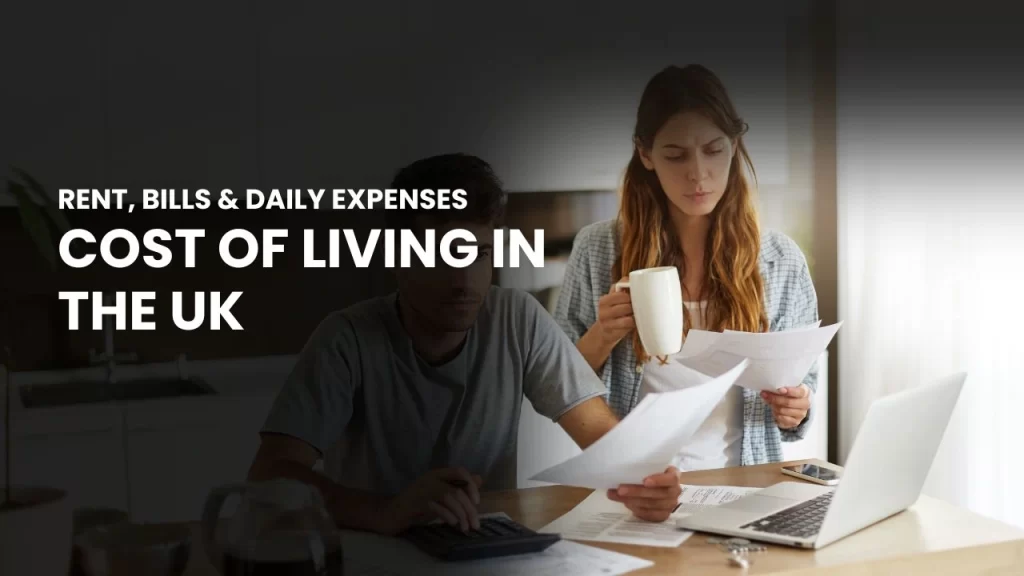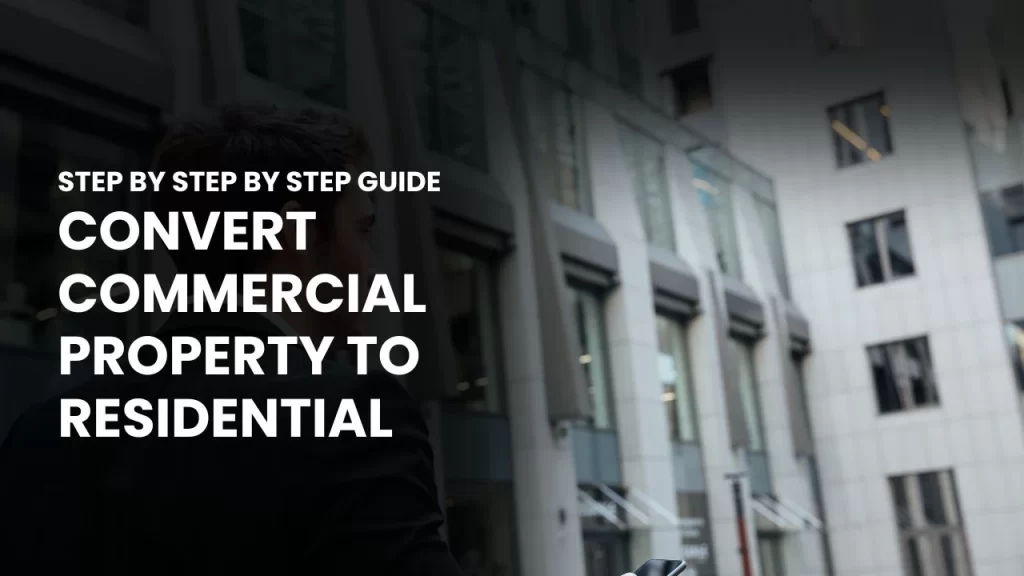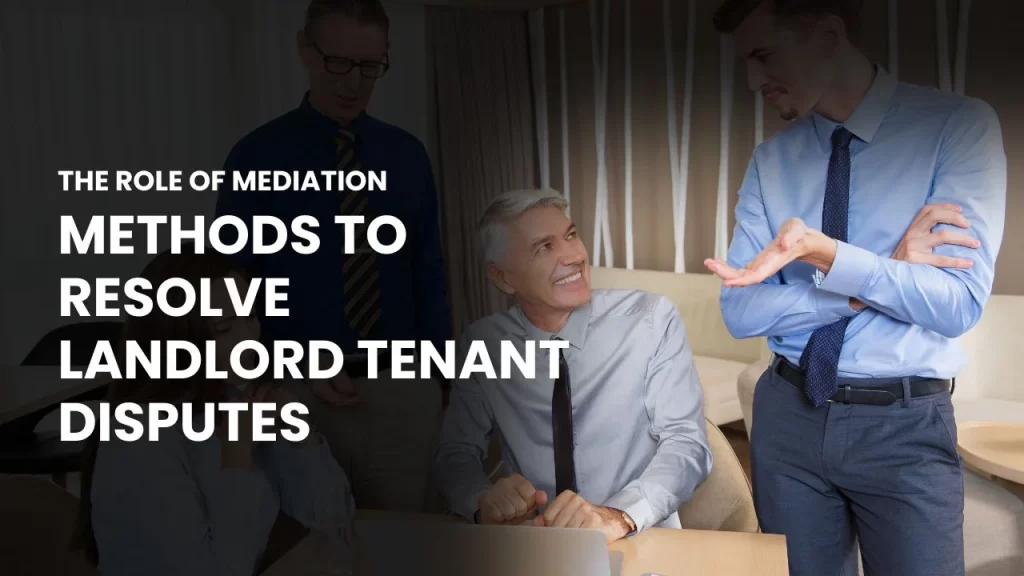Understanding Buying vs Renting Pros And Cons To Decide What Is Better

Many individuals in the United Kingdom are wondering Should I rent or buy a house? Frankly speaking, the choice between homeownership and leasing a home totally depends on your financial conditions, future goals, and lifestyle. Because renting provides flexibility and low upfront costs, similarly, holding a house offers equity and freedom. Here, Estate Agent Ilford breaks down the pros and cons of buying vs renting that most investors overlook in most cases.
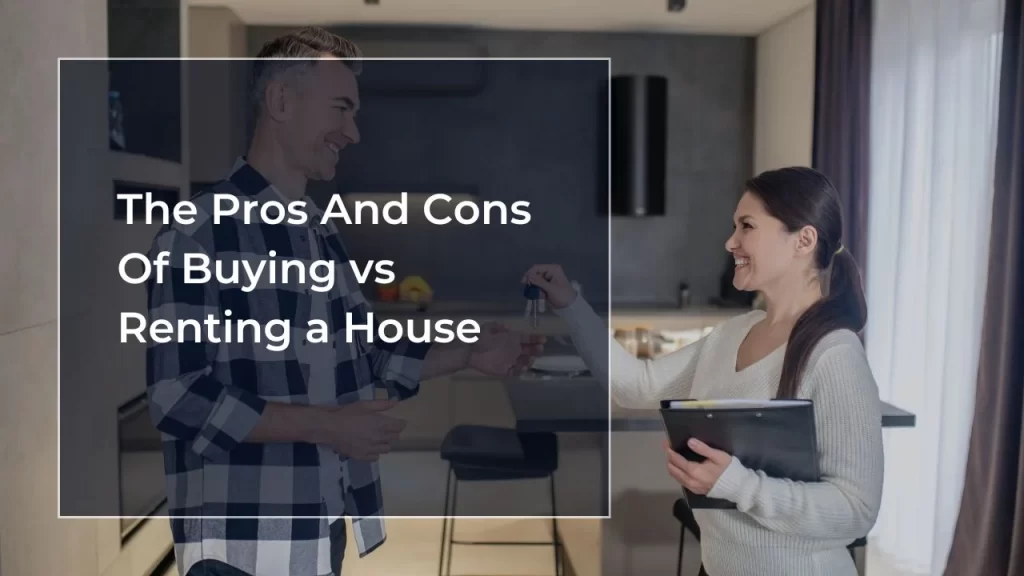
The Pros And Cons Of Buying vs Renting a House
Before diving into the advantages and disadvantages of buying vs renting, every individual should ask themselves these questions. Once you understand where you stand in the buying or renting process, you should compare the pros and cons of both options.
- What is the current budget, and how long do you plan to live on it?
- Do you have enough time and deposit to afford a mortgage?
- Do you prefer flexibility over long-term financial stability or vice versa?
The Benefits of Renting a Property
There are many upsides of renting when it comes to buying vs leasing a property, such as:
- High Flexibility or Mobility: Renting involves short-term commitments, which means individuals can pack their stuff in bags and easily relocate for career, travel, or personal reasons.
- Low Upfront Cost: Leasing a home usually requires a small investment, such as a security deposit or first month’s rent.
- Less Maintenance or Repair Responsibility: In a lease agreement, landlords are responsible for handling the management issues, which can save tenants money and time.
- No Property Taxes:Tenants don’t have to worry about property-related issues or taxes; property owners are supposed to handle these expenses.
- Better Location and Lifestyle Opportunities: Due to the high rise in housing prices, the unavailability of desired properties has become a common issue in the property market. Renting provides an opportunity to live in a place that you can’t afford to purchase.
The Drawbacks of Renting
The downsides of leasing a property for some time are:
- No Equity: It does not help to build equity, unlike mortgage payments, in the case of buying, which means you are not paying towards your own home.
- Lack of Stability or Security: This is not your permanent home; if property owners decide to sell the place, you need to move out quickly and find a new space.
- Rent Increases: Tenants might worry that landlords can suddenly increase rent to meet their financial needs and market conditions.
- Restrictions or Limited Control on Lifestyle Choices: Individuals can’t have pets, renovate, or make changes in the place or surroundings without the landlord’s permission.
- Deposit Loss: Landlords can deduct the security deposit if tenants cause any minor or major damage to the property.
The Advantages of Buying a Home
Purchasing your own home is a big financial investment that can give you many benefits, such as:
- Long-term Stability or Security: It’s your choice when to move or sell the property; no one can force you to move out because you fully own the property now.
- Build Equity and Wealth Over Time: Home ownership is considered a wise investment because all monthly mortgage payments are your own and contribute to building equity or wealth.
- Freedom and Control Over Property: The property ownership is yours; you can do whatever you want with your space because you don’t have to take permission from anyone.
- Potential For Investment or Capital Appreciation: Investment in home improvements and appeal can increase the property’s value, providing a large capital return when you sell.
The Disadvantages of Buying or Owning a Property
These are some drawbacks of purchasing a home that should be discussed for a better understanding:
- Long-term Financial Commitment and High Upfront Cost: To buy a property, you need to be prepared for the high initial costs, as this is a long-term commitment. If you fail to pay the mortgage repayments on time, you could lose ownership.
- Maintenance and Repair Costs: As a property owner, you are responsible for handling the ongoing maintenance costs and minor or major repair issues of the home.
- Less Flexibility to Move: Before moving to another location for better opportunities, individuals need to wait to sell their current home, which usually takes several months.
Factors To Consider For Buying vs Renting a Home
These are some factors to consider because, like any major financial decision, buying or renting also requires strategy and planning.
- Financial Considerations and Job Stability: Analyze your financial situation before renting or purchasing a property to ensure that you can afford upfront payments and mortgage repayments. Lenders often review an individual’s employment situation to determine whether they have a stable income to cover monthly costs on time.
- Flexibility and Control of Space: Owning a home provides more freedom to renovate or decorate as you wish. But leasing has less flexibility, and you need the landlord’s permission before making any changes. If something requires repair, landlords can fix it for you, while homeownership requires your time and effort to maintain a living space.
- Long-term Living and Investment Plan: If you live in one place for years, consider purchasing a property. It will help to build equity and increase the property’s value over time, which is not possible with a leasing process. However, if you move around and travel a lot, then renting a home is a great option.
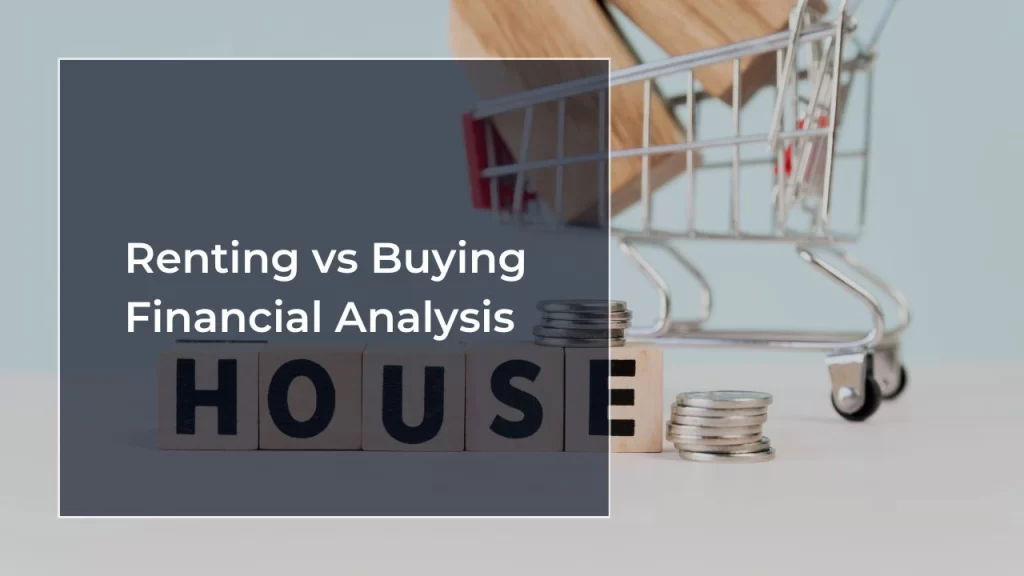
Renting vs Buying Financial Analysis
Leasing or purchasing a property looks simple and exciting, but surprisingly, there are many cost aspects involved in the process. Understanding these hidden costs is essential to ensure that the investment is affordable in the long run. Additionally, recognizing them helps individuals to plan their financial budget effectively, which minimizes the chances of loss.
Hidden Costs Involved in Renting:
- Upfront payment: Tenancy security Deposit and first month’s rent
- Furnishing cost: If the property is unfurnished, you need to purchase furniture yourself.
- Utility bills or Council tax, if it is not included in the rent amount.
- Insurance cost: Contents or renters insurance for your belongings
- Legal and processing fees on lease renewal or end-of-tenancy cleaning services.
- Higher commuting expenses depending on location
Hidden Costs Involved In Buying:
- Upfront Payment: Stamp Duty Land Tax, depending on the rental yield and property value.
- Conveyancing, mortgage arrangement, and valuation fees
- Building and property insurance to protect the home’s structure and contents.
- Repair, maintenance, and ongoing upkeep costs
- Moving costs if you hire professional movers to shift your items and belongings.
- The property or house survey, depending on the type of valuation report you select.
- Renovation, decoration, and new fittings expenses
- Ground rent and service charges for the leasehold properties.

Buying vs Renting Side-by-Side Comparison
There are differences between buying and renting property that make them clearly distinct. Investing in property ownership does not always build equity in the long run, and renting does not mean you are only giving money to a landlord every month. In fact, both have separate responsibilities and long-term or short-term profit opportunities. Here are some key differences to help you pick the right option that fits your lifestyle and budget:
| Factor | Renting | Buying |
| Property Value Impact | If values drop, rental costs become cheaper. | Certain factors, such as economic, environmental, and maintenance issues, can affect property value. |
| Tax Benefits | No mortgage tax deduction. Only eligible for standard tax deductions available to all taxpayers. | May qualify for tax benefits such as mortgage interest deductions (if itemizing deductions). |
| Repairs & Maintenance | The landlord handles repairs and maintenance, even though not quickly or perfectly. | Homeowner pays for all repairs, maintenance, and renovations. Many projects don’t return full value, often only ~60p on £1 spent. |
| HOA or Service Charges | No HOA fees. | If you live in communities, you may pay HOA or service charges, frequently hundreds per month. |
| Time Commitment | Less time-consuming than homeownership. | Requires more time and effort. |
When Does Renting Make More Sense?
The leasing process is worth it if:
- You want flexibility for work or lifestyle.
- You don’t require maintenance or repair responsibilities.
- You don’t have a large deposit.
- You might move within a few years.
- The market is overpriced or unstable.
When Does Buying Make More Sense?
Homeownership is worth the investment if:
- You want stability and a permanent home.
- You want full control to renovate and customize your home.
- You’ve saved a deposit and can get a mortgage easily.
- You plan to settle down and stay in a place for the long term.
- You want to build equity and grow your assets.
Buying vs renting a house calculator
Final Thoughts:
Homeownership offers freedom to control or manage a property as you wish, but it also comes with high upkeep and maintenance costs. On the other hand, leasing requires less responsibility and upfront payment, but it also lacks stability and security. In reality, deciding where to invest in buying vs renting depends on your budget, income, and lifestyle. For financial planning and strategy related to property buying and selling, contact your trusted Estate Agent Ilford.
Buying vs Renting Frequently Asked Questions
There is no certain answer because both have their own benefits and drawbacks; choosing one depends on your financial situation and lifestyle. If your job or work requires you to move around a lot, you can opt for renting a house. In contrast, if you stay in a place and want to build wealth over time, then buying your own home is the best option for you.
I believe renting a home is way more affordable than owning. Renting a home requires the first month’s rent and a security deposit only at the start. On the other hand, purchasing a property involves high upfront costs and a substantial down payment. In addition to this, repair and maintenance or property survey expenses, come with owning a home.
Yes, homeownership is a good investment in real estate if you want to build equity or wealth and customize or decorate your own home. But many economic factors can affect the overall quality and value of a home.
Renting in London can be an affordable option in the short term as it requires low upfront costs. However, buying a property in London can be more cost-effective in the long term. This means you will be investing in building equity rather than paying your landlord.
The housing market fluctuates constantly, altering the property’s value over time. If house prices fall, renting is cost-effective as your rental costs also reduce. However, if prices go up, buyers can sell their property at a more affordable price.
These are some important economic factors to consider when deciding between purchasing and leasing:
Property Maintenance and Repair Cost
Deposits
Mortgage Rates
Property Appreciation or Value
House Survey
High interest rates, house prices, and demand impact both buyers and sellers. But understanding these factors and having financial stability and income positively impact the London housing market. Consider these factors and select the option that aligns with your lifestyle. Buying offers long-term stability or freedom, while renting provides more flexibility and fewer responsibilities.
To get a fair mortgage rate easily, you definitely require a high credit score. It’s because many mortgage lenders verify whether you can repay the monthly mortgage repayment and interest on time.

